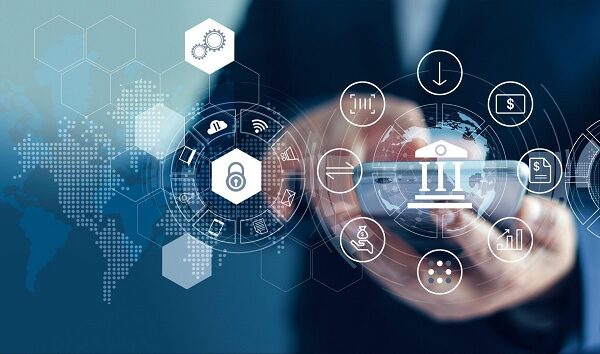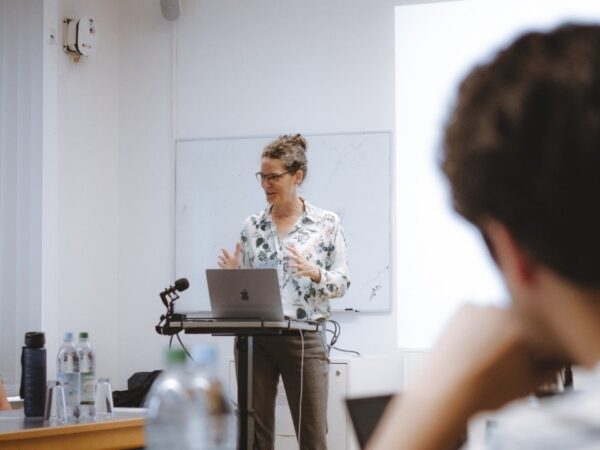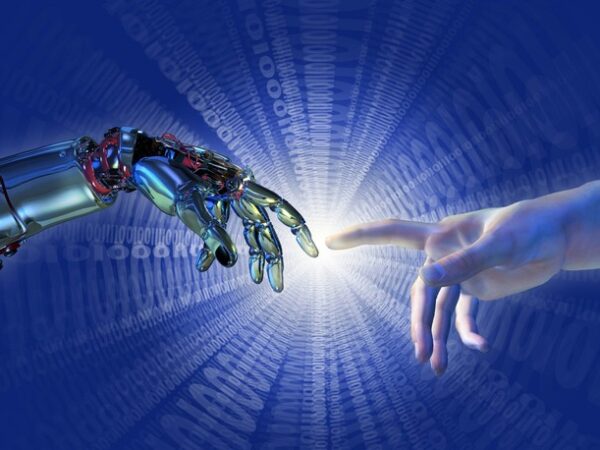Data Science for Social Good: Tackling Global Issues
Data has the power to change the world. What was once just numbers and statistics can now provide insights to solve major global issues. The rise of data science has opened up new possibilities but also new responsibilities.
In recent years, there’s been a growing movement to use data science as a force for social good. Data science for social good takes the tools of data analysis, machine learning, and AI, and directs them at urgent challenges like inequality, climate change, poverty, and disease. The goal is to apply the power of data to make the world a bit better.
In this guide, we’ll look at how data science can drive social change. You’ll see how data gives us insights to tackle humanity’s toughest problems, the many fields it’s improving, and why using it ethically matters. Let’s get started!
How Data Unlocks Solutions
Data science for social good is based on the idea that crunching numbers can spark meaningful social impact. But how can statistics create real change? Here are some of the ways:
Identifying Root Causes
Behind major societal issues, there are often complex webs of interlinked causes. Data science can cut through the complexity to pinpoint key factors driving problems like hunger or disease.
Statistical analysis uncovers important patterns and connections in huge datasets that would be impossible to see manually. This enables more targeted solutions. For example, if data mining traced a rise in malnutrition to drought-hurting crops, relief efforts could be sent directly to impacted areas.
Spotting Issues Before They Escalate
Data science course allows us to get ahead of emerging crises before they spiral out of control. Machine learning models can be trained to predict outbreaks of disease, crop failures, natural disasters, and more by detecting patterns in data.
For instance, AI now forecasts wildfire severity in the western U.S. 9 days in advance! Early warnings give firefighters critical time to evacuate high-risk areas. Data makes it possible to anticipate risks and be proactive.
Optimizing Large-Scale Systems
Managing massive, complex systems like transit, electricity or supply chains is tricky. A data scientist course can help you to optimize these systems to improve access and delivery of services to people.
Analyzing patterns in transit data could show a city needs more buses in lower-income neighborhoods. Transit planners could then use those insights to update routes based on demand, improving mobility.
Empowering People and Communities
Data scientist course also empowers everyday people to drive local change. Aid workers equipped with data-driven insights can optimize relief efforts. Volunteers can see where help is needed most. Data makes it possible to maximize impact.
Citizen science projects engage the public in collecting data to address community issues. Like when residents in Flint, Michigan crowdsourced water tests to uncover dangerous lead levels and advocate for policy reform.
Improving Diverse Fields of Society
Data science for social good is making waves across many sectors of society. Here are some of the key areas it’s improving:
Transforming Healthcare
Data science is saving lives by
- Detecting diseases earlier by finding patterns in patient data
- Containing outbreaks through modeling how infections spread
- Customizing treatments to each patient’s genetics
- Expanding access to care via telemedicine powered by data analytics
Improving Education with Data
Data science can make education way better. By looking at data from different schools, teachers, and students, we can see what’s working and what’s not. This helps teachers help their students more.
- See what each kid needs to learn best. Tailor teaching to how they learn.
- Send money and help to schools and areas that need it most.
- Online schools can fit how each kid learns by using their data. This makes quality education available to all kids.
- Spot early signs of bullying, learning issues, or kids feeling down. Then teachers can step in quickly to help.
Using Data to Help the Planet
Data can also make our world more sustainable. Here’s how:
- Detailed climate models show the potential impacts of global warming. This allows leaders to make smart plans to address it.
- Satellite data can catch illegal logging in faraway forests. This allows for stopping deforestation and protecting nature.
- Data helps make renewable energy use way more efficient. It builds smart, resilient clean power systems.
- Sensors in cities track water, waste, transport, and power use. Data helps cities run in sustainable ways.
Data for Financial Access and Growth
Data science can also drive economic opportunity:
- Use new types of data to help underserved people access loans and banking.
- Data helps new businesses succeed by finding new markets, improving operations, and predicting economic forces.
- Data allows quick response to disasters and smart rebuilding afterward. This makes communities more resilient.
Using Data Ethically
Data science can do great things but must be used carefully:
- Respect privacy – only gather needed data and be transparent. Make data anonymous when possible.
- Check systems continuously for unfair bias against groups and fix any found.
- Involve local communities directly in solution design through feedback. Avoid imposing technology.
With ethics and wisdom, data science course can benefit people without affecting human dignity. The future looks bright if we use it thoughtfully!
How To start with data science?
If you want to learn data scientist course for good, here are some ways to start with
- Students & Pros: Students should study data science course. Get experience through labs, nonprofits, and volunteering.
- Businesses: Use data to benefit customers, employees, and communities. Join collaborative data projects or data scientist course for your business future.
- Government: Build data teams. Fund partnerships and responsible innovation. Develop sensible policies.
- Nonprofits: Partner with data volunteers. Share data to improve services. Teach communities data skills.
You feel good when you use data for good! With care and compassion, data science courses can help overcome humanity’s greatest problems and build a better future. The power is in our hands – let’s use it wisely.
ExcelR – Data Science, Data Analyst Course Training
Address: 1st Floor, East Court Phoenix Market City, F-02, Clover Park, Viman Nagar, Pune, Maharashtra 411014
Phone Number: 096997 53213
Email Id: enquiry@excelr.com











